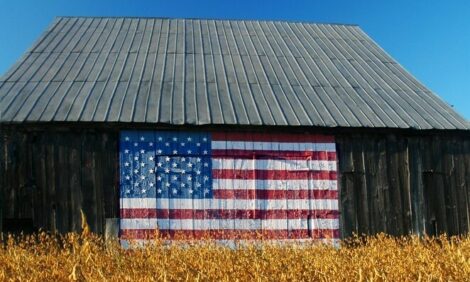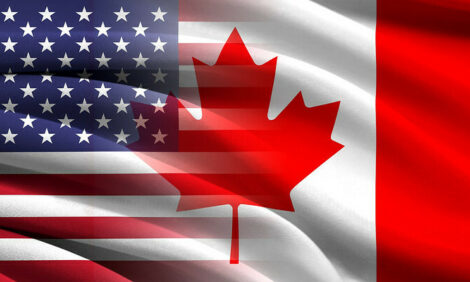



LMC: Global Farmgate Beef Price Update
NORTHERN IRELAND, UK - One of the striking features of the beef trade in 2010 was the manner in which beef prices increased sharply in the large beef producing regions in the southern hemisphere over the course of the year. Ultimately this placed
increased upward pressure on prices in Europe
and contributed to the stronger trade which has
been prevalent throughout 2011.
Given the
impact of the South American trade in particular
on the international scene, it is worth looking at
how these prices have been performing in recent
months.
Figure 1 clearly shows how NI prices have been
more or less on a par with average EU R3 prices
over the last two years. It also shows how
corresponding prices in Brazil and Argentina
increased steadily throughout 2010 and almost
reached par with EU prices in the autumn of last
year.
While Australian prices also increased, they
did not rise to the same extent as those in South
America.
Brazilian prices peaked at around 290c/kg last
autumn but since then prices have gradually
levelled off and eased back.
In the third week of
October 2011, at 248c/kg Brazilian R3 steer
prices were approximately 110c/kg lower than
equivalent prices in the EU.
With the appreciation
of the Brazilian Real against the euro in recent
weeks, the gap between Brazilian and EU prices
has narrowed since late September when the
differential was 120c/kg.
Argentinean R3 steer (equivalent) prices have
been stronger than Brazilian prices in recent
weeks in euro terms.
Prices there currently stand
at 281c/kg, 78c/kg lower than EU levels.
Australian prices have lagged South American
levels for much of the last two years and R3 steer
prices there currently stand at 254c/kg. This is
slightly higher than Brazilian levels but behind
Argentinean prices.
Historically the gap between EU and Southern
hemisphere prices has been much wider. Back in
late 2008 Argentinean prices were 200c/kg
lower than those in the EU, with Brazilian prices
150c/kg lower than EU levels.
While a gap has
reopened over the course of the last year, the
difference is nowhere near those levels.
Producers will be keeping a close eye on those
gaps in the knowledge that a trade deal between
the EU and these South American Mercosur
countries is something that remains possible
before the end of 2011.
Further Reading
| - | You can view the full report by clicking here. |
TheCattleSite News Desk


